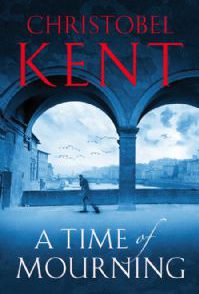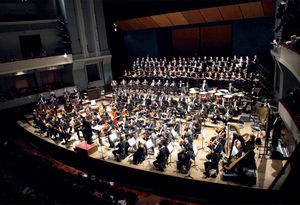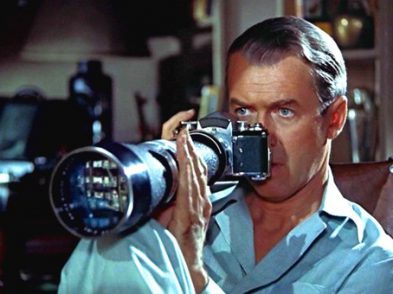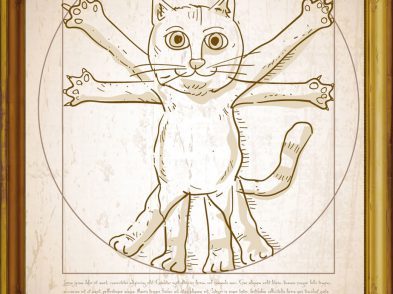Visitors to Florence might be forgiven for being unaware that the Cascine, the city’s green lung stretching westward along the Arno, is also home to a school of war. Shielded by an imposing wall and guarded by sentries, the Istituto di Scienze Militari Aeronautiche, as it is properly called, seems detached from the world outside its gates. Yet the institute, which is about to celebrate its 70th anniversary, is as much a part of the city’s consciousness as the Cascine itself.
It is still known locally by its old name, the Scuola di Guerra, although the comandante, Generale B.A. Settimo Caputo, himself a former student, insists that this name is misleading.
‘Our aim is not to train soldiers for war’, he explains. ‘We provide professional training courses for officers at all levels of command. Every officer in the Italian Air Force comes to Florence to study at least twice during his career before being promoted to the next rank.’
The institute is now flanked by the newly opened Giulio Douhet Military School, where boys of 15–16 can complete their final three years of schooling. As well as the usual subjects on the national curriculum, students receive preliminary aeronautics training, including flying lessons. Not all graduates, however, will pursue a career in the Air Force.
‘What we’re doing is training the executives of the future, in whatever professional field they happen to choose’, observes Generale Caputo. ‘Our aim is to transmit ethical and moral values that outside these walls are in danger of disappearing. During their three years in military school, our boys learn about mutual respect and support, a sense of responsibility, public spirit, that sort of thing—values that in today’s society are no longer awarded much importance’.
Asked if he would recommend the Air Force as a career for young people, Caputo, whose own career has included military action in Kosovo during the crisis of 1999, admits that the going is tough, especially for young pilots.
‘You need passion and motivation. Without motivation you don’t get through. But if I were given the choice today, I would certainly do it all over again.’
At present, you are unlikely to see many women officers gracing the institute grounds. Although the Italian armed forces have accepted female recruits since 2000, this is still—with very few exceptions—a male enclave. However, the military school hopes to accept female recruits as soon as next year.
At first glance the institute seems at odds with its surroundings. The Cascine is where sporty types and young families go to play during the day, and where the seamier side of Florentine life unfolds after dark. Nothing could be more different from the air of restraint and discipline that reigns in the institute grounds. Yet Caputo quickly dispels any suggestion that the institute is isolated from the city. ‘The institute is very much part of the city’s social fabric. It’s just the location that’s a bit isolated. But that’s to our advantage because here in the Cascine we’re in such beautiful surroundings’.
‘The Scuola…is highly appreciated by Florentines’, notes Caputo. ‘Not only do we have links with the University of Florence, where our officers can take a master’s degree, but those who teach in the military school are Florentine civilians’.
Caputo has made it a personal mission to further strengthen the bond between the institute and the city of Florence. On the eve of the institute’s 70th birthday, the time seems right. ‘We have organized some events in the city itself, especially recently in order to bring the new military school to people’s attention. For example, the new students of the first course were sworn in last May, in a ceremony in Piazza Santa Croce’.
If Caputo’s plans are realized, the public may soon have an opportunity to have an even closer relationship with the institute. The well-preserved buildings date from the late 1930s, the period of nationalism in Italy, of the same era as the Santa Maria Novella train station and the stadium. Many of the furniture is period and the interior decorations include such delightful details as door handles in the shape of wings. Caputo hopes to open the institute to the public as a museum by next year.






